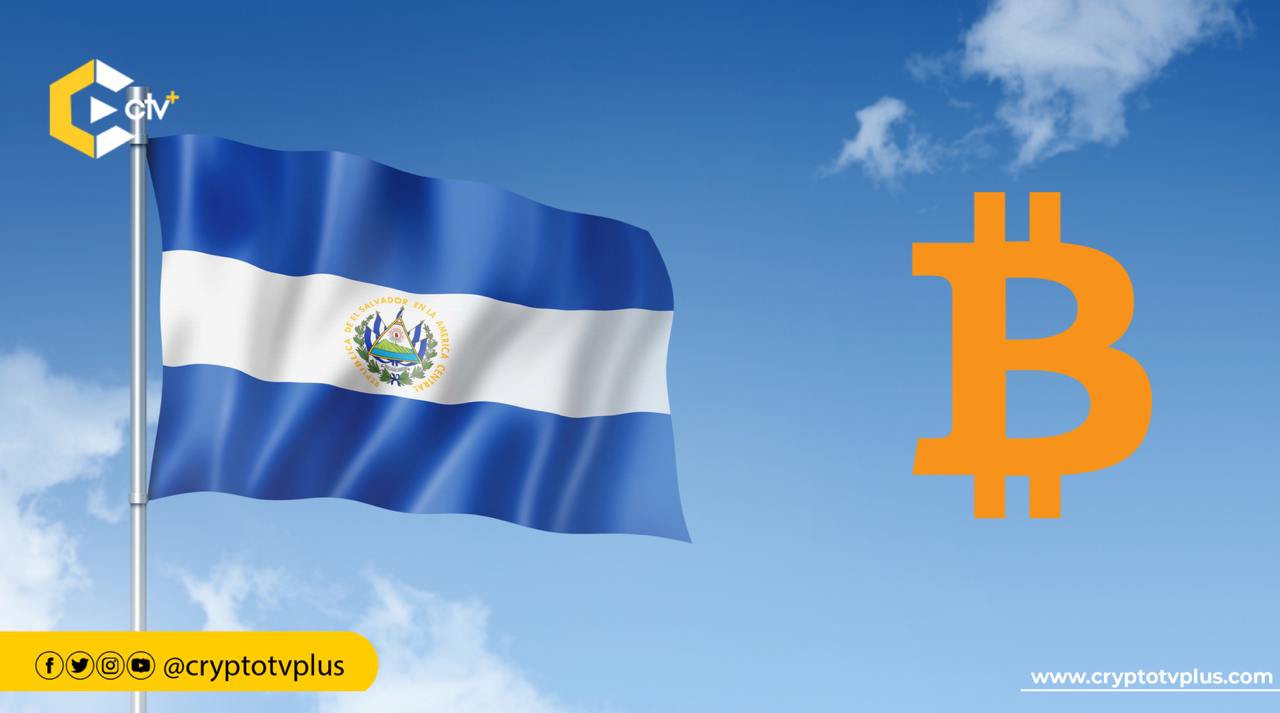News
11% of El Salvador’s registered Bitcoin firms are operational
• Most firms failed to meet Bitcoin Law requirements, including AML protocols, financial documentation, and cybersecurity policies.
• Government-backed Chivo Wallet and a few private firms remain compliant and operational.
• El Salvador’s Bitcoin adoption is under pressure from a $1.4B IMF loan deal, requiring reduced Bitcoin usage.
• Despite IMF pushback, President Bukele insists the government will keep buying Bitcoin.

El Salvador reports that only 11% of its officially registered Bitcoin firms are in operation.
As part of El Salvador’s Bitcoin regulations, businesses must uphold an AML program, monitor company assets, and ensure they implement cybersecurity protections.
Of the 181 Bitcoin service providers listed with El Salvador’s central bank, only 20 remain operational due to widespread noncompliance with the country’s Bitcoin Law.
Data from the Central Reserve Bank, cited by local outlet El Mundo, revealed that only 11% of service providers are operational.
The central bank’s database identifies the remaining service providers as inactive.
According to the data, at least 22 inactive providers failed to comply with several Bitcoin Law mandates, particularly those related to strict financial monitoring.
The Bitcoin Law in El Salvador requires providers to enforce an Anti-Money Laundering (AML) program, maintain accurate documentation of their assets, liabilities, and equity, and create a cybersecurity strategy based on the type of services they offer.
The figures revealed that a majority—89%—of registered providers haven’t met key criteria to qualify as operational.
Nevertheless, certain companies such as Chivo Wallet, supported by the government, and others like Crypto Trading & Investment and Fintech Américas have met the legal criteria.
El Salvador became the world’s first country to legalize Bitcoin as tender, in addition to the US dollar, back in 2021.
By making Bitcoin legal tender, President Nayib Bukele incorporated it as a fundamental part of his economic strategy for El Salvador.
The Central American country entered into a $1.4 billion loan agreement with the IMF, which involved rolling back some of its Bitcoin-related activities.
Under the terms of the deal, US dollars will replace Bitcoin for tax payments, and public institutions will restrict Bitcoin usage.
Following the IMF’s request on March 3 for El Salvador to stop public sector Bitcoin purchases, President Bukele contradicted the deal by stating that the government would continue to purchase Bitcoin.
The IMF deal led to speculation over whether El Salvador would reverse Bitcoin’s status as legal tender.

























2 Comments